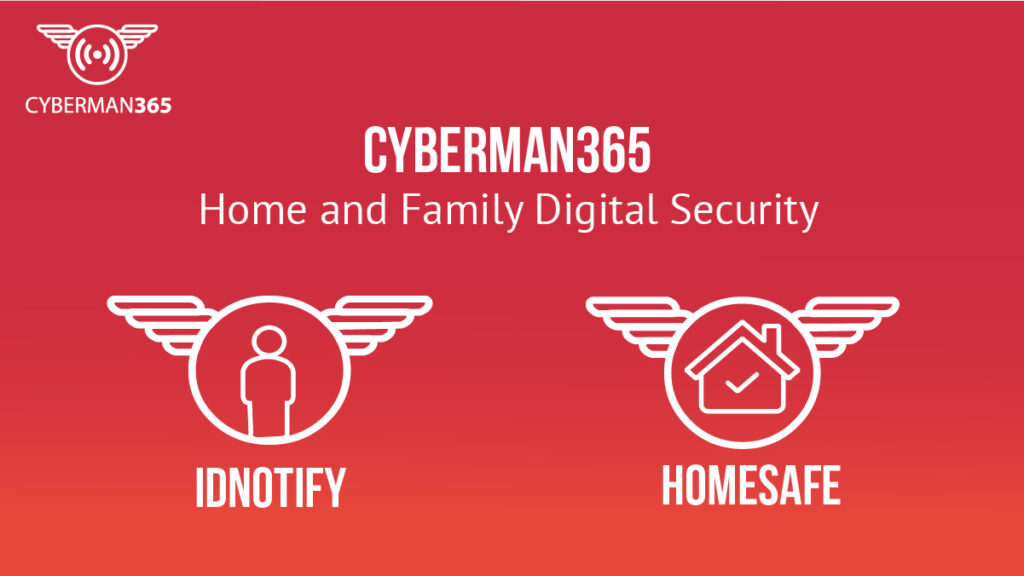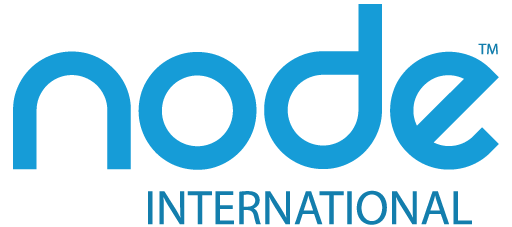We’re back with another episode of Node Chats, your podcast for all things cybersecurity.
Neil Gurnhill talks to Gabriel Friedlander, Founder of Wizer, about citizen cyber training in the second episode of Node Chats.
We cover remote job scams, how to teach your children to stay safe online and much more.
“You really have to educate people if you want to have a chance in fighting cyber crime.”
Gabriel Friedlander, Founder of Wizer
Wizer is a full security awareness platform with 1-minute videos, phishing simulation and gamification. Offering both free and optional paid add-ons for the community and employees alike.
Here are some quick tips on how to be cyber smart:
- Use antivirus software.
- Update your devices when needed.
- Start questioning links, never click on a link you don’t trust.
- Always use strong passwords— characters, numbers and letters.
- Be careful what personal information you share, particularly on social media.
- Teach children not to post or share personal information such as their photograph, address or age.
If you prefer just audio, make sure to check us out on other platforms:
- iTunes – search Node Chats
- Spotify
- Google Podcasts
- and more
Hit the follow button to be the first to know about the latest cybersecurity news.
If you’d still like to know more, comment or drop us a message, we’d love to hear what you think.


Recent Comments